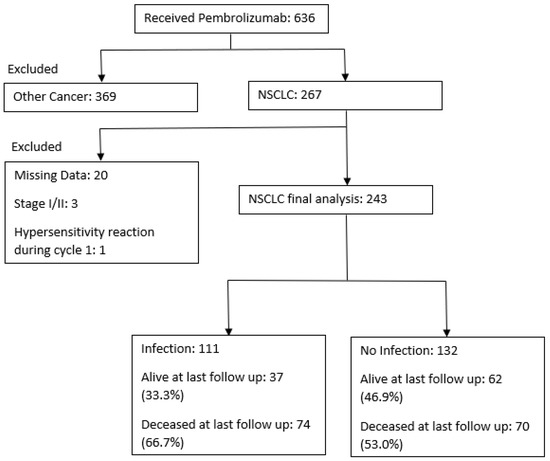Monisha Singh, MD | Source | Gastrointestinal, Gynecologic & Medical Oncology at Houston Methodist

Monisha Singh, MD
Dr. Monisha Singh is a gastrointestinal medical oncologist, gynecologic medical oncologist and medical oncologist at Houston Methodist Oncology Partners. She is also an instructor of medicine at the Houston Methodist Academic Institute and Weill Cornell Medical College.
-

Houston Methodist (https://www.houstonmethodist.org/)
Gastrointestinal, Gynecologic & Medical Oncology
-
Infections and their impact on patients on pembrolizumab-based therapies for head and neck cancer. Journal of Clinical Oncology
Yuqi Zhang, Jiaqiong Xu, Ibrahim Muhsen, Ethan A. Burns, Shivan M Shah, Godsfavour Umoru, Charisma Mylavarapu, Kai Sun, Aubrey Crenshaw, Abdullah Esmail, Ryan Blair Kieser, Carlo Guerrero, Zimu Gong, Kelly Gee, Kirk Heyne, Monisha Singh, Jun Zhang, Maen Abdelrahim
Whitepaper -
Successful treatment of a stage IIIC small-cell carcinoma of the ovary hypercalcemic subtype using multi-modality therapeutic approach
Small-cell carcinoma of the ovary, hypercalcemic type (SCCOHT) is a rare but highly undifferentiated, aggressive malignancy that primarily affects young women. Due to its early onset, unclear familial history and vague presenting symptoms, most SCCOHT patients present late with advanced disease. The prognosis is extremely poor, with <10% disease-free survival for advanced stages.Although several therapeutic regimens have been proposed, to date there is no consensus on the optimal strategy. Here, we describe a successful case of advanced-stage SCCOHT of the left ovary treated with cytoreductive surgery, semi-intense chemotherapy, high-dose consolidative chemotherapy, autologous hematopoietic stem cell transplantation and pelvic radiation with long-term survival. Given the almost universal mortality of advanced SCCOHT in long-term follow-up, we believe this case highlights the importance of prompt diagnosis when a young patient presents with abdominal swelling and hypercalcemia as well as early, aggressive, combined modality treatment. This case is also especially remarkable given the patient...
Whitepaper -
Impact of Infections in Patients Receiving Pembrolizumab-Based Therapies for Non-Small Cell Lung Cancer
Background: Immune checkpoint inhibitor (ICI) therapy has significantly improved outcomes across a range of malignancies. While infections are a well-known contributor to morbidity and mortality amongst patients receiving systemic chemotherapy regimens, little is known about the impact of infections on patients receiving ICI therapy. This study aims to assess incidence, risk factors, and outcomes in patients who develop infections while on pembrolizumab-based therapies for non-small cell lung cancer (NSCLC). Methods: Patients receiving pembrolizumab for stage III/IV NSCLC from 1/1/2017-8/1/2021 across seven hospitals were identified. Incidence and type of infection were characterized. Covariates including baseline demographics, treatment information, treatment toxicities, and immunosuppressive use were collected and compared between infected and non-infected patients. Outcomes included the rate of infections, all-cause hospital admissions, median number of treatment cycles, overall survival (OS), and progression free survival (PFS). Univariable and multivariable analysis with reported odds ratio (OR) and 95% confidence intervals (CI) were utilized to...
Whitepaper
